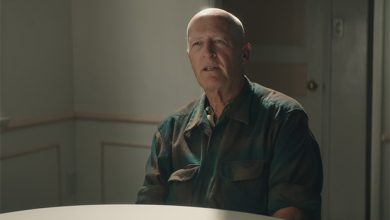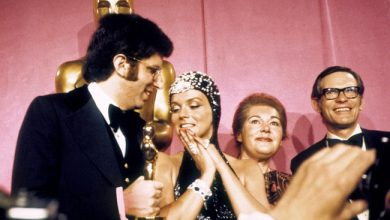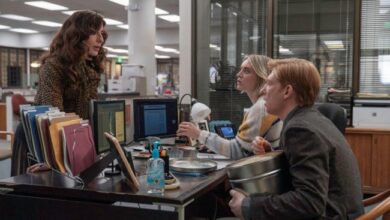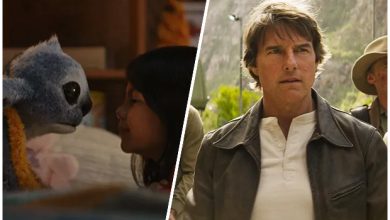The Rabbit Hole: A Satirical Web Series That Skewers Conspiracy Culture
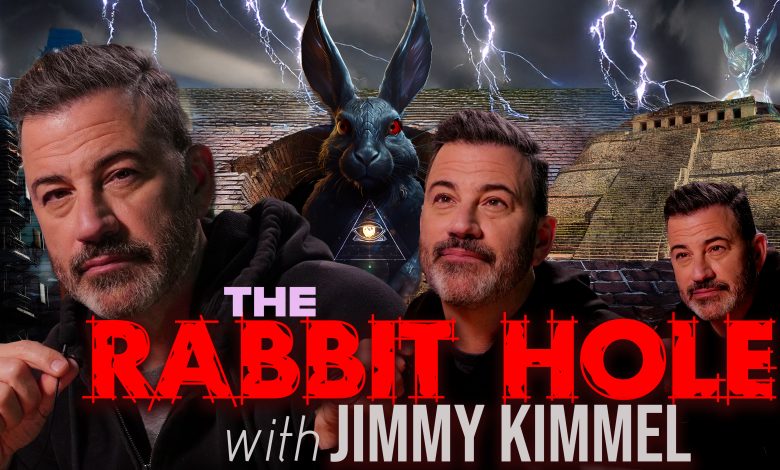
The Rabbit Hole, a newly released web series, offers a smart and hilarious exploration of internet conspiracy theories. Created by Jimmy Kimmel Live! writer Jesse Joyce and executive produced by co-head writer Molly McNearney, the show turns absurd questions into equally absurd but convincing “investigations.”
From Writers’ Room to the Web
The idea for The Rabbit Hole had been brewing for years. Jesse Joyce, known for his sharp wit and obsession with conspiracy theories, often pitched related material for Jimmy Kimmel’s monologues. However, the show’s limited airtime and the fast-paced news cycle made it difficult to accommodate his concepts.
“We have a very packed, topical, 15-minute monologue every night,” McNearney explains. “So those ideas get pushed off when we have to deal with all the craziness coming out of the White House every day.”
The web series format finally gave Joyce the freedom to expand his ideas into full narratives — the kind that demand over-explaining and spiraling logic, mirroring the style of real internet conspiracies.
See More :-
- Black Mirror’s “Eulogy”: A Bittersweet Exploration of Memory and Loss
- Jonas Brothers Announce Changes and Additions to JONAS20 Tour Dates
- Why Suits LA Failed While The Good Fight Succeeded as a Legal Drama Spinoff
Absurdity Meets Methodical Satire
Each episode of The Rabbit Hole begins with a bizarre question — such as, “Why are there fights at Waffle House but not at IHOP?” — and proceeds to build a faux-research case around it. Joyce embraces the same logical fallacies that conspiracy theorists use: overanalyzing meaningless details, linking unrelated events, and ignoring contradictions.
“You just assign an incredible amount of meaning to something that doesn’t actually have any,” Joyce says.
The result is a layered comedic experience that is both clever and strangely believable — exactly the way online conspiracies tend to feel.
A One-Man Writing Machine
Joyce also revealed that the intricate connections he crafts make collaboration difficult. “It kind of became a bit of a full-time job,” he explains, noting that adding new writers often disrupted the flow.
See More ...
Despite this, Jimmy Kimmel’s involvement adds a refreshing layer. “He’s even doing a different character,” Joyce notes. “It’s fun to watch him deliver jokes in that style.”
Beyond Comedy: A Subtle Warning
While the show is rooted in satire, its message is sobering. McNearney emphasizes that The Rabbit Hole serves as a warning about the spread of online disinformation and public gullibility.
“It really was a process of learning how scary it is that people can just make things out of nothing,” she says. “It’s a bit of a sounding the alarm.”
Joyce takes pride in the show’s airtight internal logic, humorously noting that online trolls haven’t been able to poke holes in the “research.” This irony only enhances the series’ impact.
The Rabbit Hole Resonates
The show’s appeal lies not only in its sharp writing and performances, but in its ability to make viewers laugh while thinking critically about the digital age.
“It’s nice for people to be able to enjoy together … watching that mirror being held up to this insanity,” McNearney concludes.
